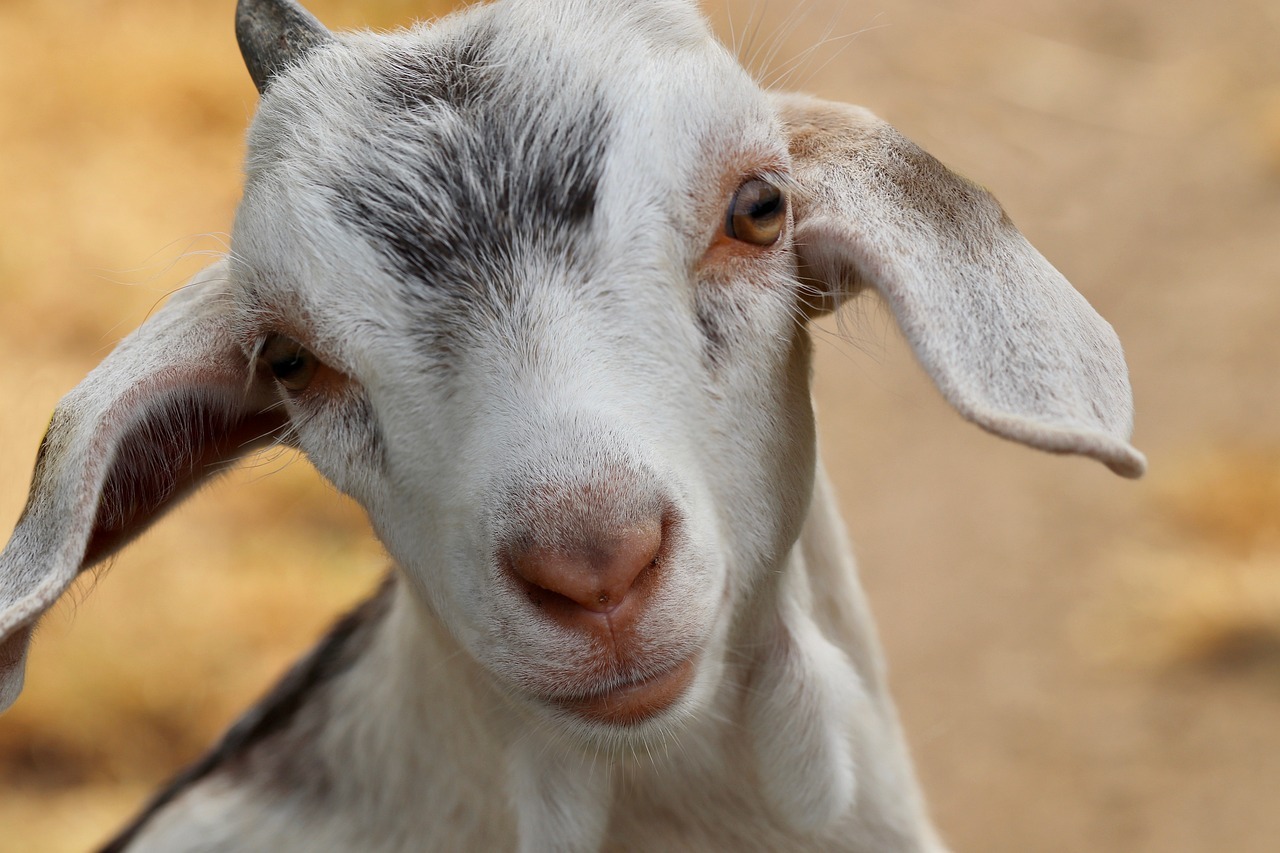Ezekiel 34: 11-12, 15-17 (RM) or 11-16, 20-24 (RCL); Psalm 23; 1 Corinthians 15: 20-26, 28 (RM) or Ephesians 1: 15-23 (RCL); Matthew 25: 31-36.
It really touched my heart, two years ago, when I was visiting an old friend who lives in Germany. We’ve known each other over thirty years, and he’s now 84.
A. said that he had decided on several important principles as he was nearing the end of his life (not that he was dying – he still bikes around the city fearlessly!) But one of those was that he cannot bring himself to believe that there will be no justice at the end of time. In other words, with a lifetime of experience and faith, he needs to believe that people really will reap what they have sown in this life, the good and the bad. To believe that actions, but also attitudes, words and even thoughts, have consequences.
Even small children get it – we want the bad guys to get their punishment and the good guys to be rewarded. In Westerns and crime shows, it’s usually very easy to tell the difference. In real life, not so much. There are many shades of gray between pure black and pure white. And maybe a black-and-white solution once and for all is not what we would want for ourselves. Sometimes we can’t tell the difference between good and bad. Sometimes we can, but we give in anyway.
Our Gospel today is Matthew’s account of Jesus describing the final judgement. This story is not a parable like the others we’ve been hearing in the Gospel the last few weeks. This story is intended to present a vivid picture of a reckoning, of a justice-making, at the end of time when Christ comes again. Matthew is the only source who presents it, and wraps it in layers of rhetorical repetition.
The words that Matthew uses for “sheep” and “goats” are more muddled in their meaning than just two different species, according to commentator Catherine Cory. “Sheep” in the Greek could mean any adult grazing animal, even small cattle. The word for “goat” means “little wooly creatures,” not full grown. In this sense the goats are the ones not yet mature—in our perspective, not mature in their faith, or in the way that they treat others. In other words, at the end of time, you are either mature in faith, ripe and ready to enter the kingdom, or you are not. And what is the measure of this maturity in faith? It’s precisely how you treat others. It’s about ethical behavior. It’s about compassion. It’s about the heart of Jesus
But compassion toward whom? At the beginning of this reading we hear, “All the nations will be gathered…” Christ came to call all persons, not just his own Jewish people and not only Christian believers. “All the nations” will be judged. And the duty of care for those in need, whoever they might be, is required of all.
The list of who is in need, and what the needs are, can sound strikingly familiar:
- to provide food for those who go hungry, perhaps whose money runs out by the end of the month, or who live in food deserts;
- to give water to those living in drought conditions or hot climates, those whose crops are failing or whose waterways run dry;
- to welcome refugees and the homeless;
- to provide clothing for those who have nothing, or not enough to protect them;
- to tend to the sick with medical care and support;
- to visit prisoners with pastoral care or just human contact.
And to take it all one step further, to figure out what conditions might be keeping people poor, or unemployed, or sick, or in exile from their homeland, and find ways to address those underlying causes.
We as Christians care for those in need, both because of their own human worth and dignity, and because, in some imperfect way, they reflect to us the face of the suffering Christ.
But if we are sincere about following in the footsteps of Christ, if we are thoughtful, prayerful people, we live our faith by becoming the humans that God created us to be, the best versions of ourselves, the best we can manage. We honour Christ who became like us, in human flesh. And we believe that, at the resurrection, we will live on with the living, risen Christ.
© Susan K. Roll
Susan Roll retired from the Faculty of Theology at Saint Paul University, Ottawa, in 2018, where she served as Director of the Sophia Research Centre. Her research and publications are centred in the fields of liturgy, sacraments, and feminist theology. She holds a Ph.D. from the Catholic University of Leuven (Louvain), Belgium, and has been involved with international academic societies in liturgy and theology, as well as university chaplaincy, Indigenous ministry and church reform projects.




